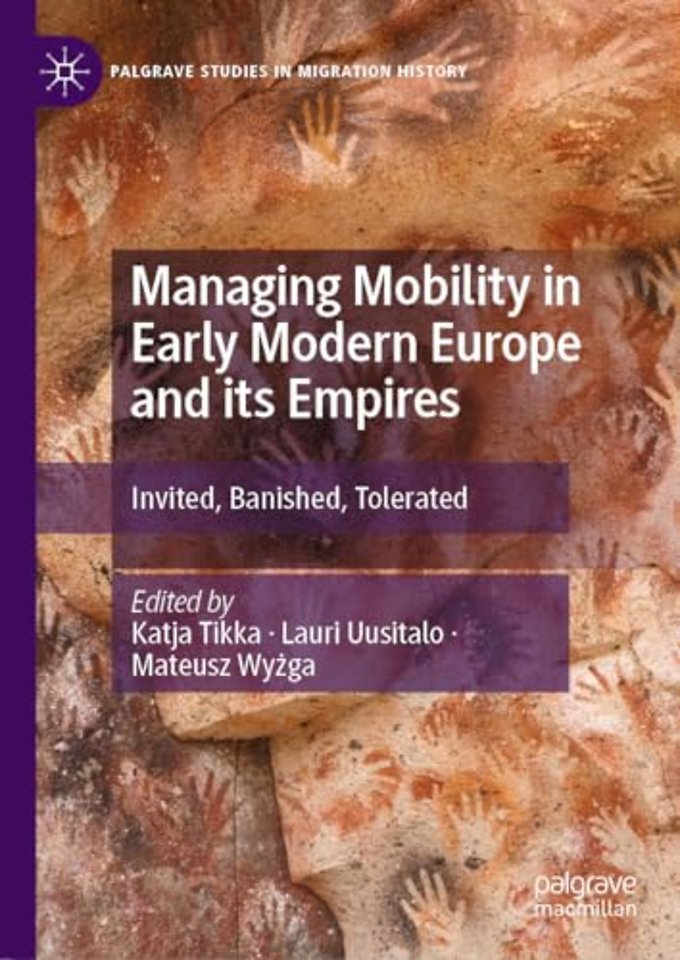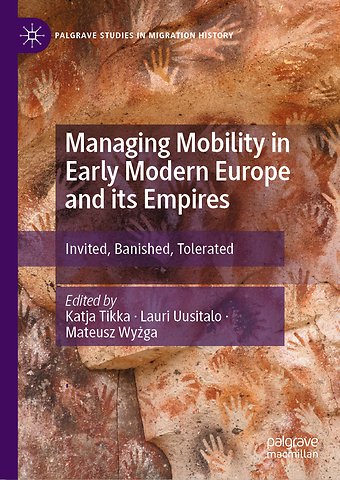Managing Mobility in Early Modern Europe and its Empires
Invited, Banished, Tolerated
Samenvatting
This book examines how migration and mobility were controlled, supported, and restricted in early modern Europe and European colonies. The aim of the book is to investigate how different actors, such as rulers, regional lords, local authorities, and corporations tried to regulate different forms of mobility and how those on the move reacted to these attempts. The book examines the agency of both the authorities and the migrants, shifting focus between the macro and the micro level. The chapters will also illuminate the ways gender, religion, language, ethnicity, occupation, and socioeconomic status were entangled in the regulations concerning mobility. Control of migration is inextricably linked with power relations. In this book, mobility is seen as a wide social process, which covers daily or seasonal movement as well as less or more stable migration.

